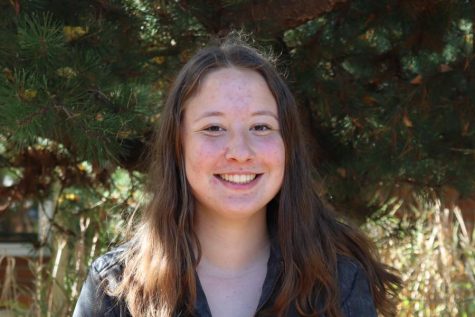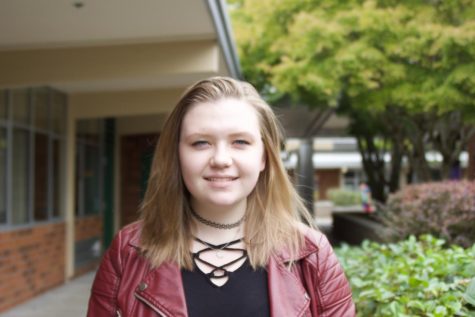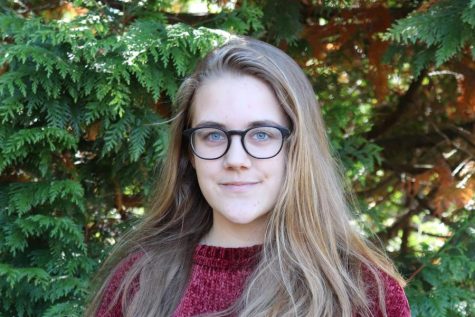For children, sleep means bedtime stories, grandma’s quilt and snuggling up with their teddy. For high school students, sleep is the unattainable bliss — the holy grail carefully hidden beyond the mountains of homework, sports practices, jobs and the temptation of social media.
Many students have full schedules with five to eight class periods, clubs, family responsibilities and more. While students are aware that sleep is important, they only seem to be getting more tired.
Naomi Voeller, a freshman taking Pre-IB classes and swimming for the Northshore YMCA club team, said that despite students having packed schedules, procrastination is one of the main contributors to students’ lack of sleep.
“One of my main problems would be that I tell myself I work best late at night, so I end up staying up late because I can’t function in the morning, which is kind of a bad habit,” Voeller said. “So, then I procrastinate and then I want [my work] to be perfect, so I end up having to stay up later because of perfectionism.”
In addition, the district’s plan for making up snow days will cause school to start ten minutes earlier beginning Monday, March 11, and all but three early release Wednesdays are now full days. This will give students even less time for homework, activities and rest.
Senior Marcos Valverde feels the pressure to succeed academically, but he said he deals with the stress by minimizing procrastination.
“I always try to manage my time really well, so I’m not a procrastinator, depending on the class. I prioritize a lot,” Valverde said.
Some students, like junior Billy Surdyk, an IB Diploma student and junior captain of the swim team, balance an academic workload as well as a schedule that can begin as early as 4:15 a.m.
“I’m fine by the end of the day; it’s just really rough getting up that early,” Surdyk said. “I tend to be in bed going to sleep before nine o’clock each night… because getting up that early for swim practice is really hard.”
While 41.4 percent of polled students said that they try to prioritize schoolwork and/or their job — compared to 17.7 percent prioritizing sleep and personal health — sometimes their busy schedules just don’t allow for homework and adequate sleep.
“Extracurriculars are a lot [to add to the school day]. Especially because I was doing IB last year, they kinda throw a lot of things at you at once and expect for you to have everything done and don’t take anything else into consideration,” Valverde said. “They think that school is my first priority — which it is — but I have some other stuff I’d like to do too.”



